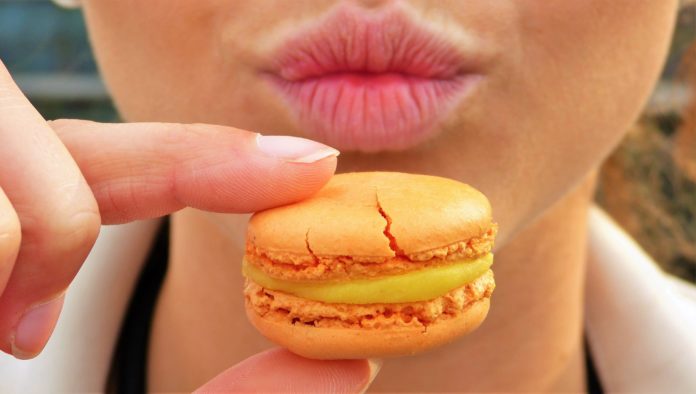As the world battles an obesity epidemic, taxing consumables with added sugar is a long standing debate, only so far the focus has been on drinks rather than food
- A 10% tax on sweet snacks could lead to a similar reduction in consumer demand as taxing sugar-sweetened drinks
- Taxing chocolate and confectionary is estimated to have knock-on effects that may further reduce purchases of sugar-sweetened drinks and other snacks
- Sweet snacks provide twice as much sugar in the diet as sugar-sweetened drinks, so the overall reduction on sugar intake would be greater than that observed with taxes on sugar-sweetened drinks
- The potential effect of a tax on sweet snacks is expected to be greatest in low-income households
These are the findings of a new research published in BMJ Open.
The research team from the London School of Hygiene & Tropical Medicine, the University of Cambridge and the University of Oxford, estimate that adding 10% to the price of chocolate, confectionery, cakes and biscuits may reduce purchases by around 7%. This is a similar outcome to taxing sugary drinks.
Crucially, however, the study found that taxing sweet snacks could have knock-on effects on the sales of other food items, reducing the purchase of soft-drinks (by 0.6-0.8%), biscuits and cakes (1.2%), and savoury snacks (1.6%).
With the world in general and India in particular battling an obesity epidemic, the issue of sugar taxes or “sin” tax keep recurring but the brunt is usually borne by sugary drinks.
The study found that taxing sweet snacks could have knock-on effects on the sales of other food items, reducing the purchase of soft-drinks (by 0.6-0.8%), biscuits and cakes (1.2%), and savoury snacks (1.6%)
This study is an observational analysis and cannot explain why consumers change their purchasing behaviour. Researchers say the associations observed suggest that relevant policies and future research should consider a broader range of fiscal measures to improve diet.
Lead author Professor Richard Smith from the London School of Hygiene & Tropical Medicine said: “We know that increasing the price of sugar-sweetened beverages is likely to generate a small, but significant, reduction in their purchase. However, there has been little research on the impact that a similar price increase on other sweet foods such as chocolate, confectionery, cakes and biscuits could have on the purchase of sugar. This research suggests that taxing these sweet snacks could bring greater health gains and warrants detailed consideration.”
This study, funded by the National Institute for Health Research Policy Research Programme, is the first to provide a direct analysis of the relationship between price increases and consumer demand for snack foods across different income groups.


